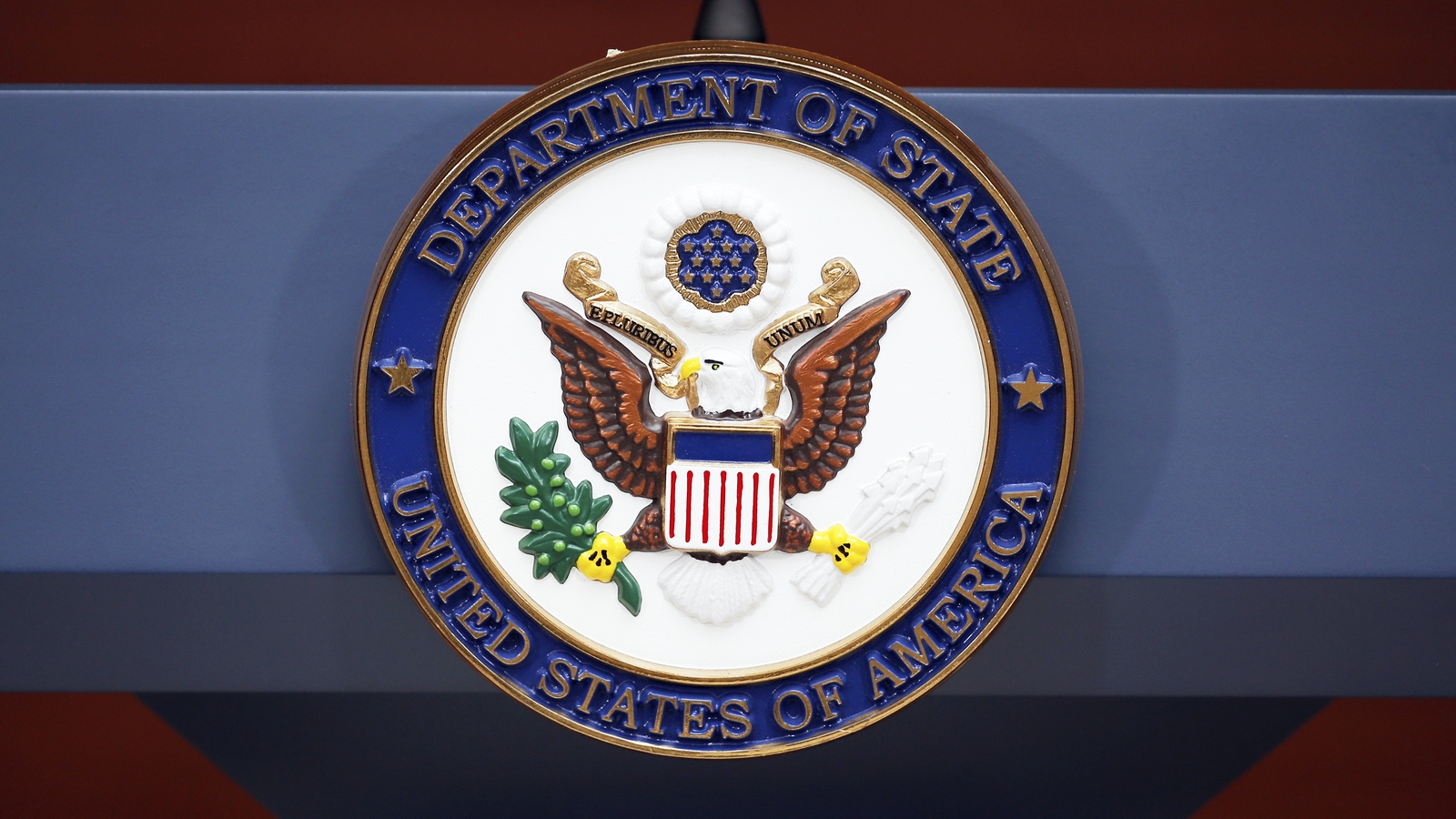The Trump administration has initiated a comprehensive review of over 55 million individuals holding valid U.S. visas, assessing potential violations that could lead to deportation. This announcement represents a significant escalation in efforts to scrutinize foreign nationals permitted to reside in the United States.
In a statement provided to The Associated Press, the U.S. State Department emphasized that all visa holders, including tourists, are subject to “continuous vetting.” This process aims to identify any indications that these individuals may be ineligible for their visa status. If any such information is uncovered, the visa can be revoked, and the individual may face deportation if they are already in the country.
Since the beginning of Donald Trump’s presidency, the administration has concentrated on deporting migrants living illegally in the U.S. as well as those holding student and visitor exchange visas. Recent updates from the State Department suggest that the continuous vetting process is expanding, potentially impacting even those who have been previously approved for entry into the U.S.
The State Department indicated that indicators of ineligibility include overstaying the authorized visa duration, engaging in criminal activities, or posing threats to public safety. Furthermore, the review process will consider any involvement in terrorist activities or support for terrorist organizations.
“We review all available information as part of our vetting, including law enforcement or immigration records or any other information that comes to light after visa issuance indicating a potential ineligibility,” the department stated.
The administration has consistently implemented stricter regulations for visa applicants. This includes mandatory in-person interviews, and the latest reviews will also assess social media accounts, law enforcement records, and any violations of U.S. laws committed while in the country. New requirements introduced earlier this year allow for extensive data collection on both current and future visa applicants, including a thorough examination of social media activity. Visa applicants must ensure that privacy settings on their electronic devices are deactivated during interviews.
Since the inauguration, the State Department has reported revoking more than twice as many visas compared to the same period last year, with nearly four times as many student visas being terminated.
Most foreigners seeking to enter the U.S. require visas, especially for longer stays related to work or study. Citizens from 40 countries, predominantly in Europe and Asia, can enter the U.S. for up to three months without a visa under the Visa Waiver Program. However, individuals from populous nations such as China, India, Indonesia, and Russia, along with most of Africa, must apply for visas to travel to the United States.
Earlier this week, the State Department revealed that it has revoked over 6,000 student visas due to overstays and various legal violations. The majority of these revocations stem from issues such as assault, driving under the influence, and connections to terrorism. Approximately 4,000 of these cases involved actual infractions of the law, while between 200 and 300 were related to terrorism concerns, including support for designated terrorist organizations.
This ongoing review and heightened scrutiny reflect the administration’s commitment to enhancing national security and public safety in the United States. As the landscape of immigration policy continues to evolve, the implications for visa holders remain significant.






































































